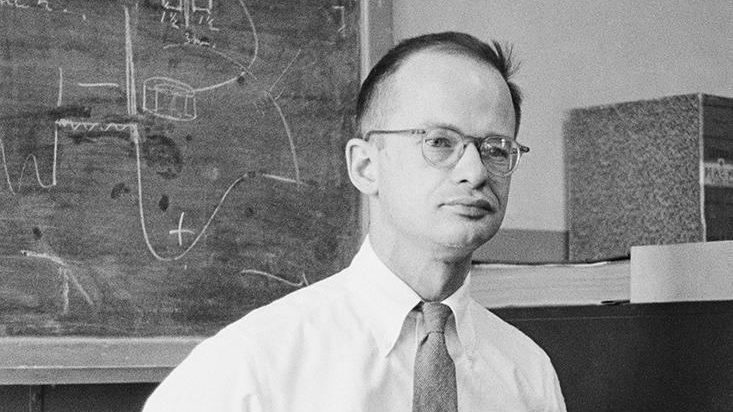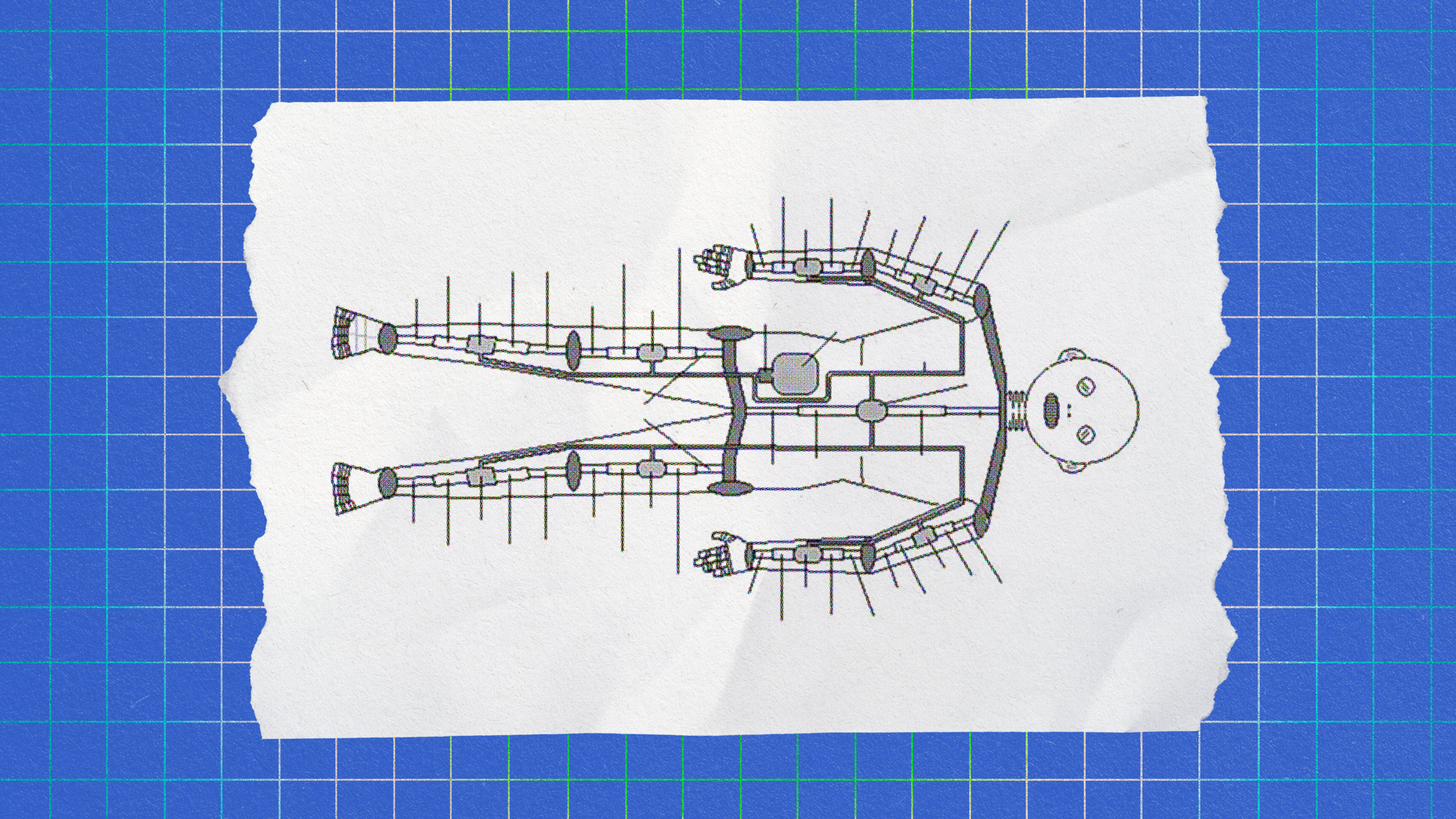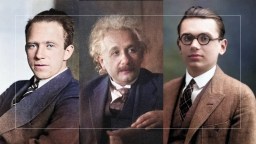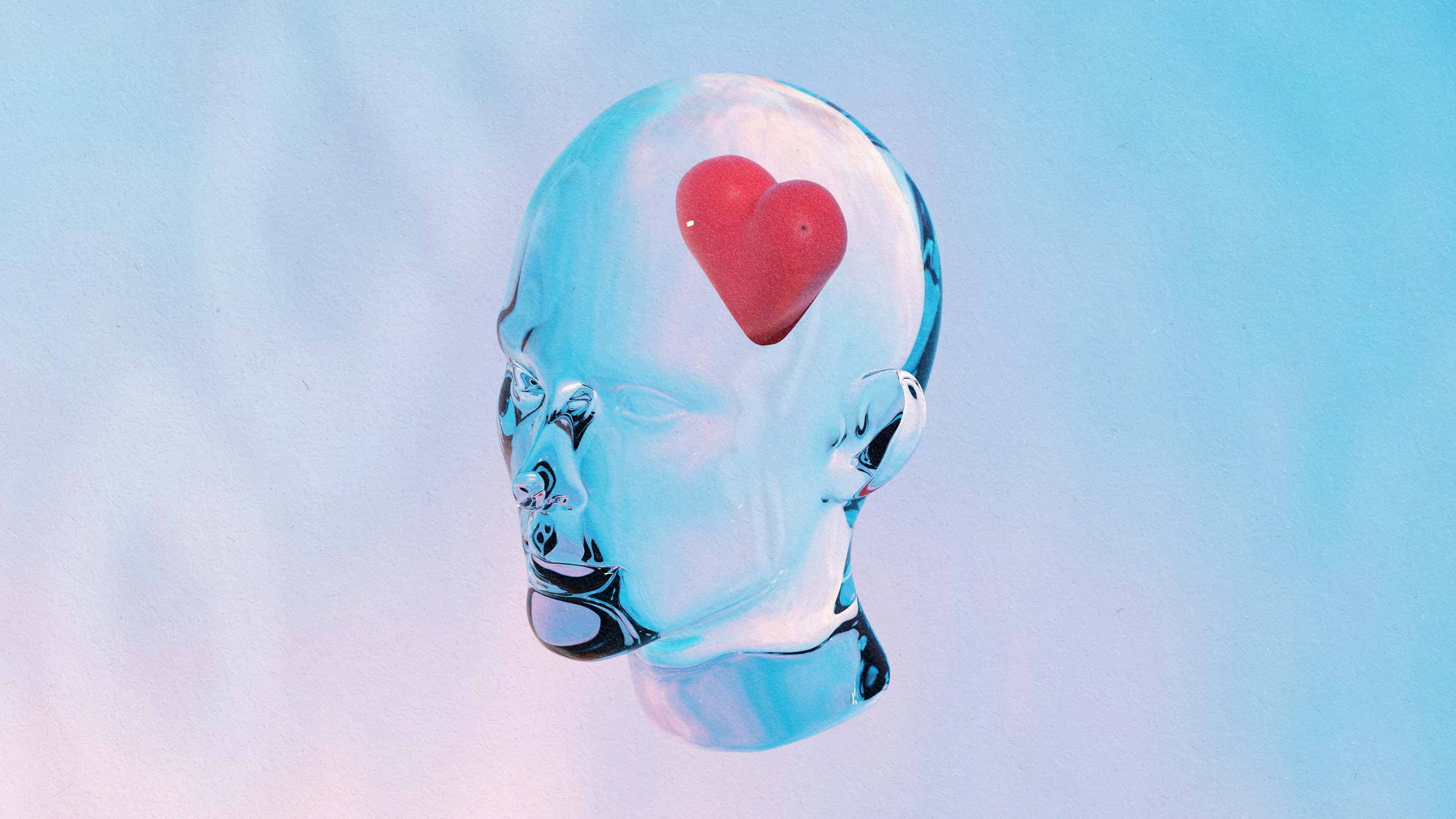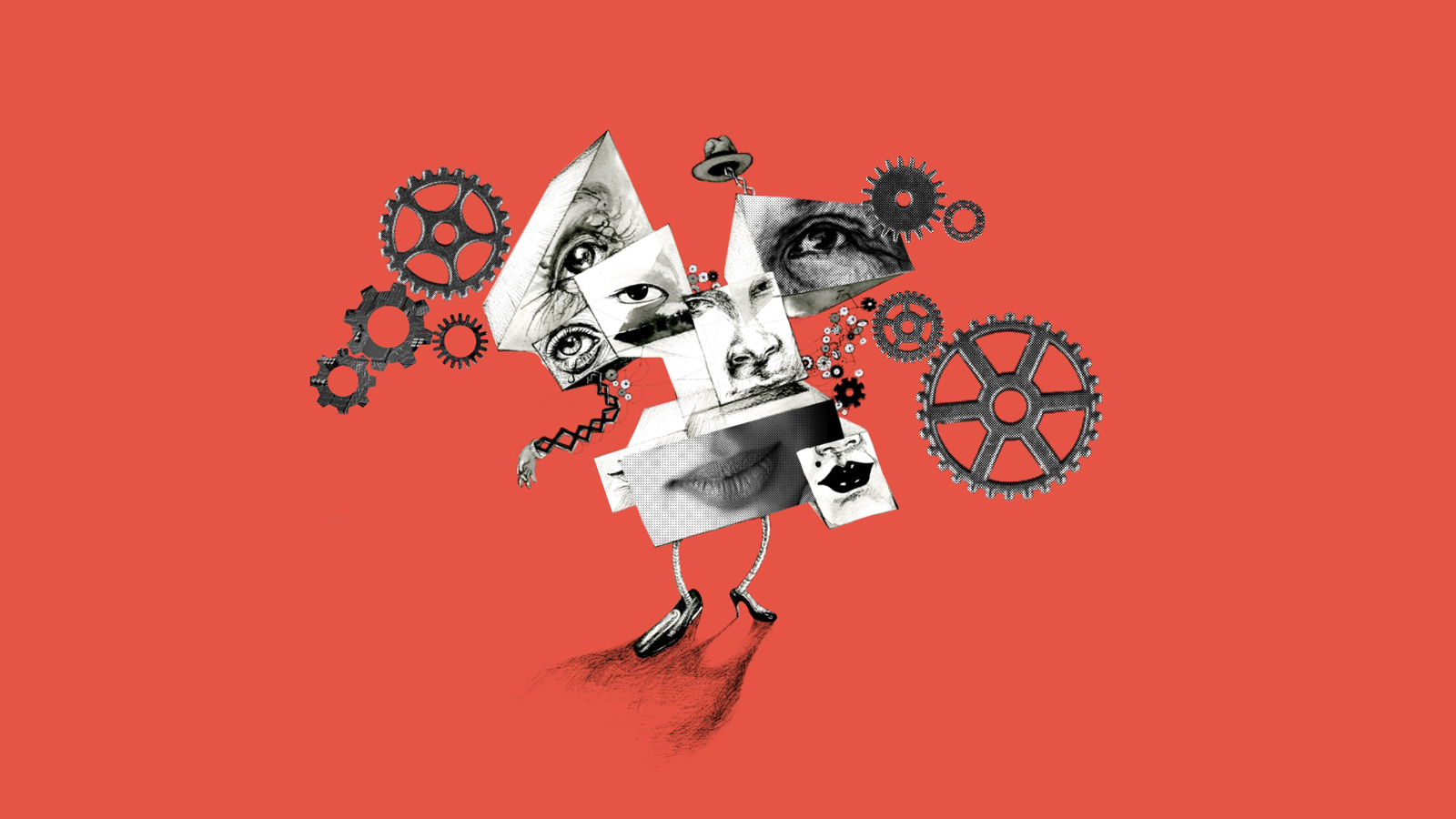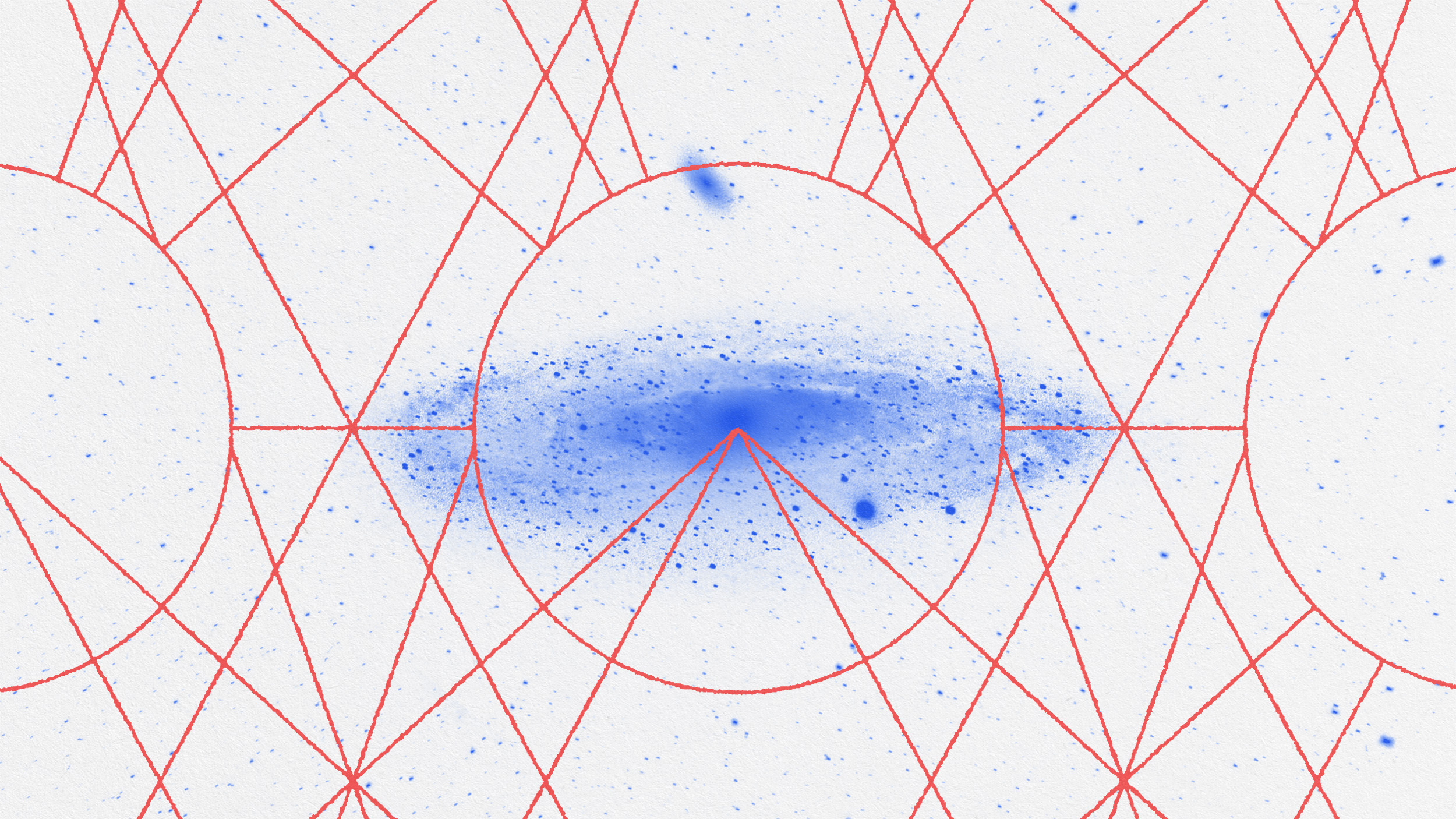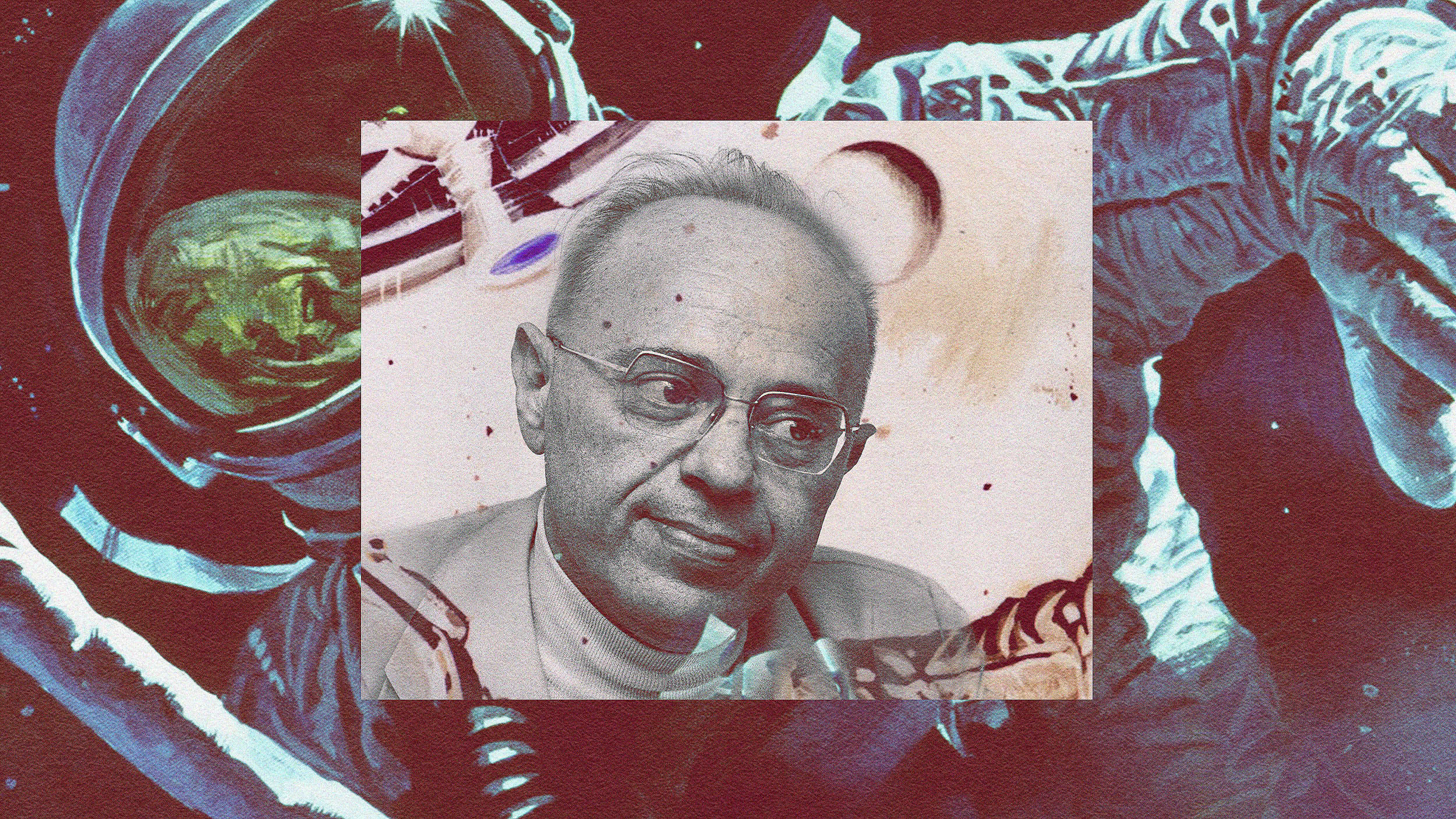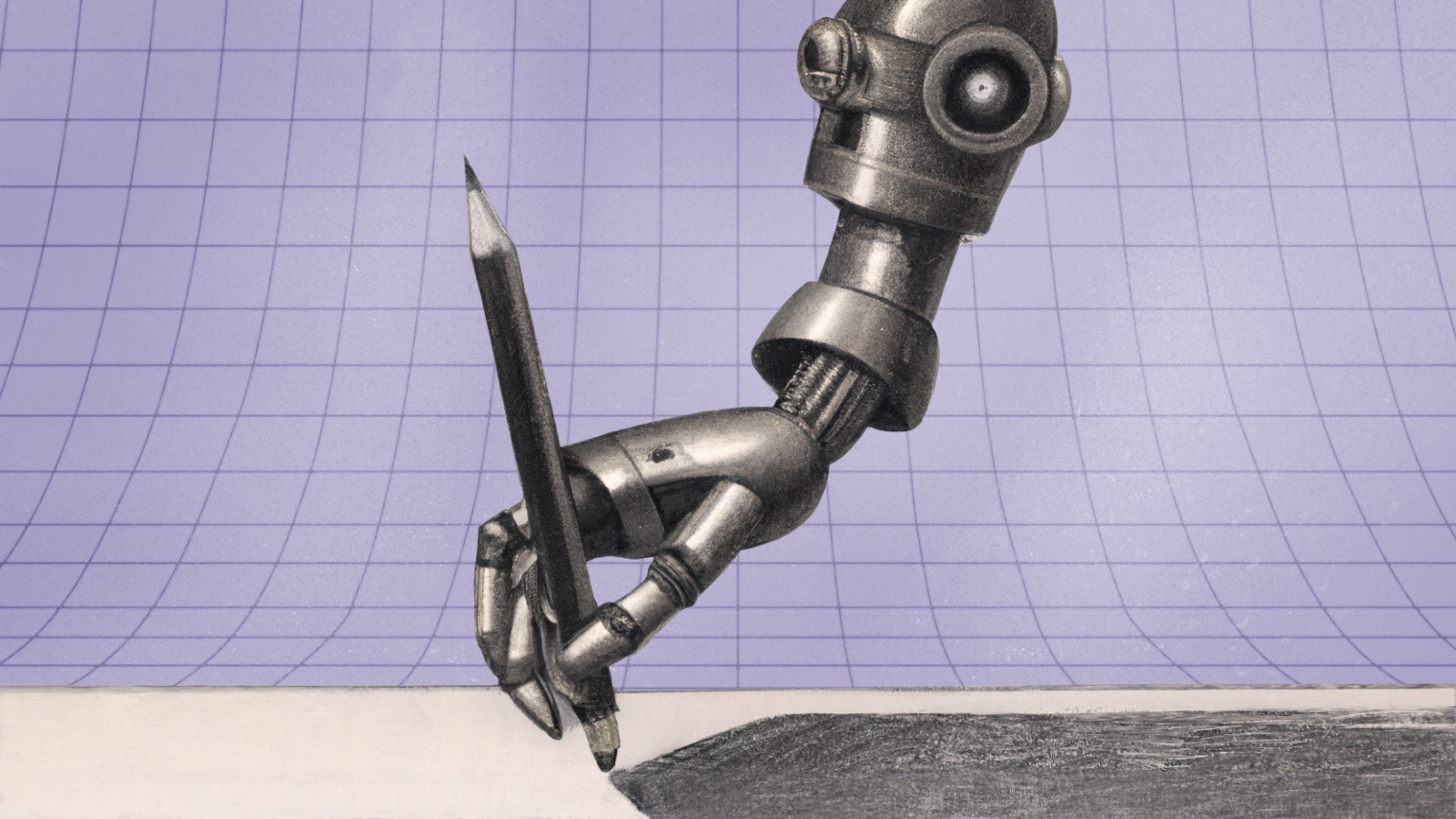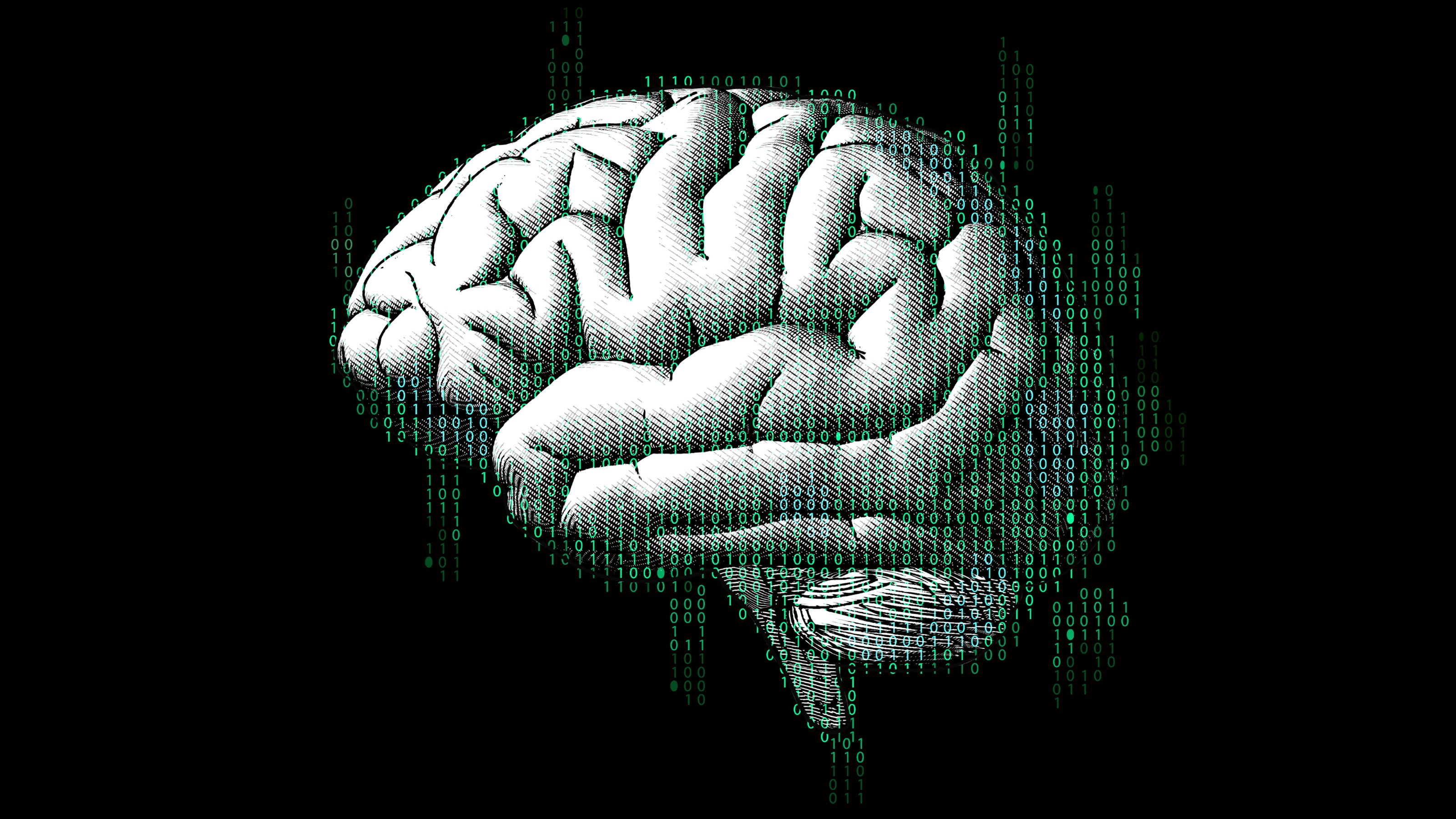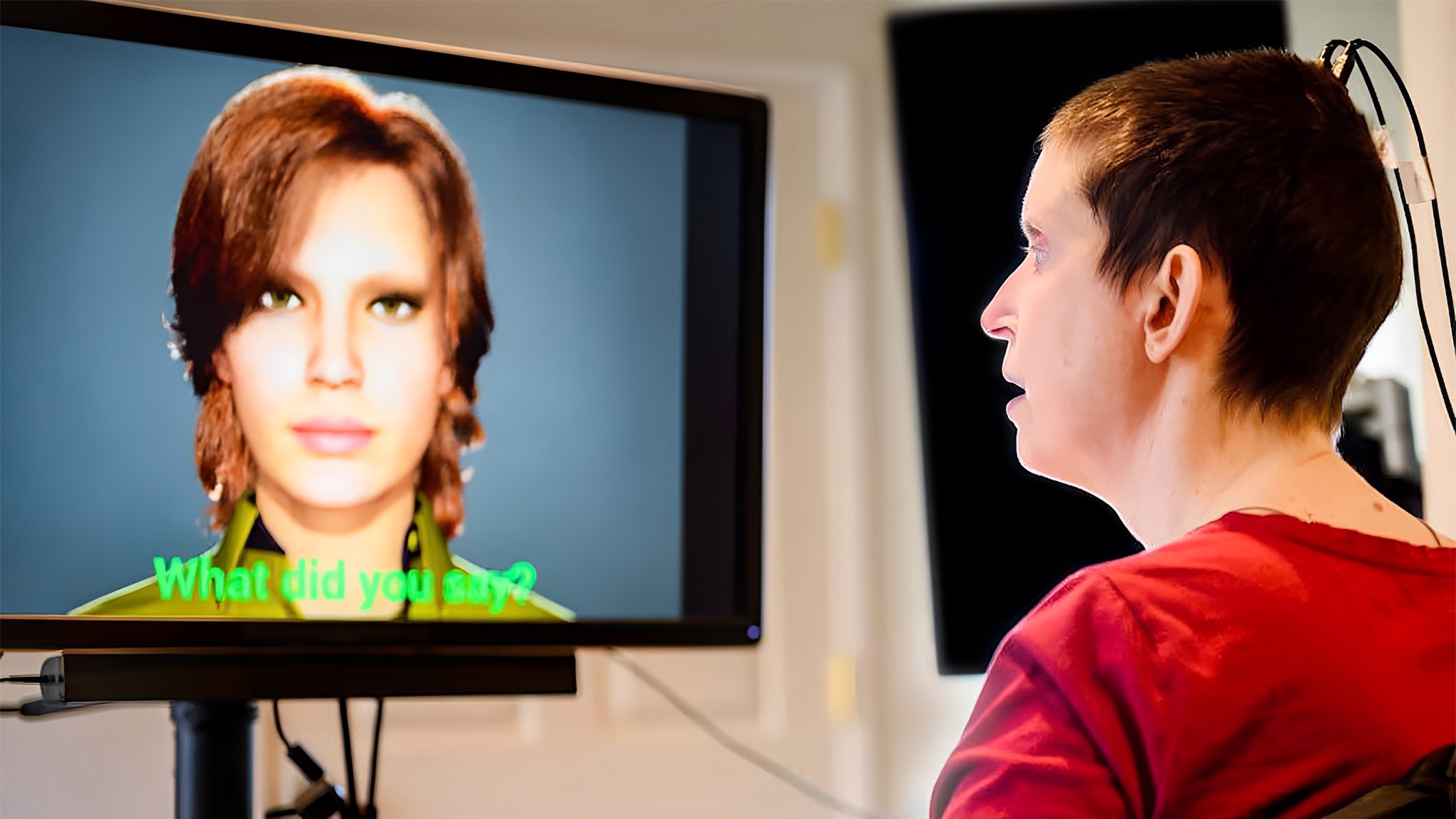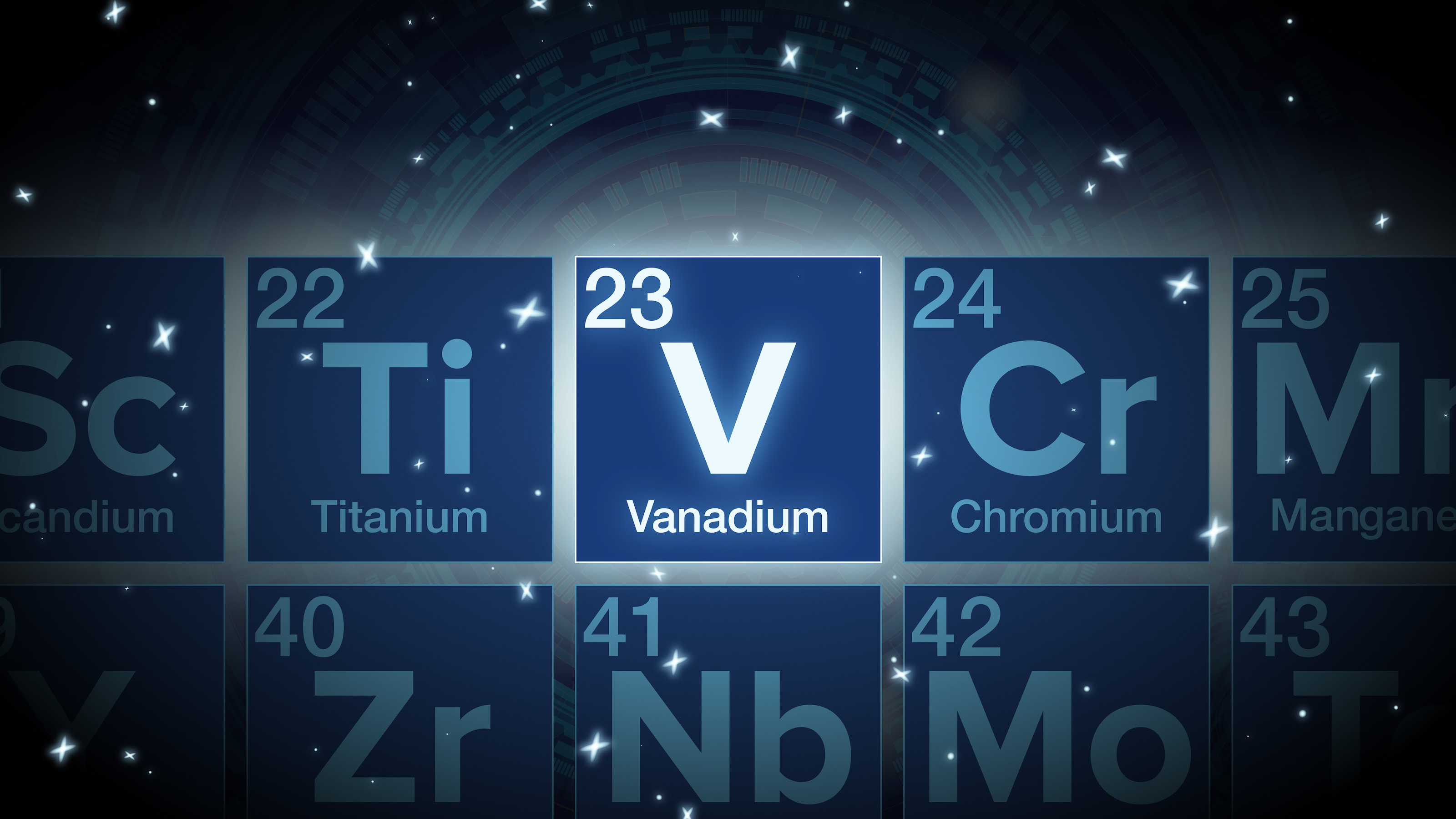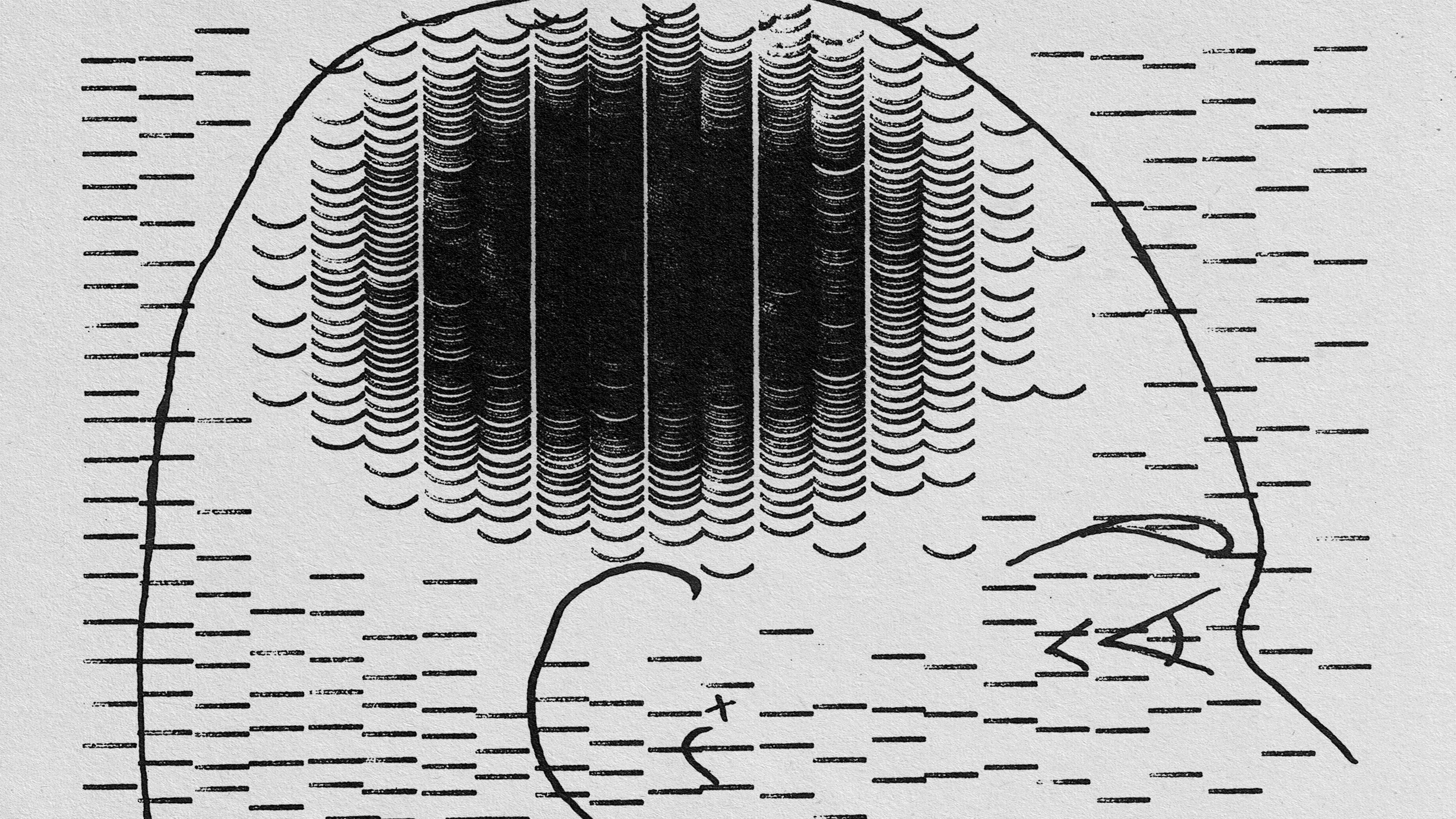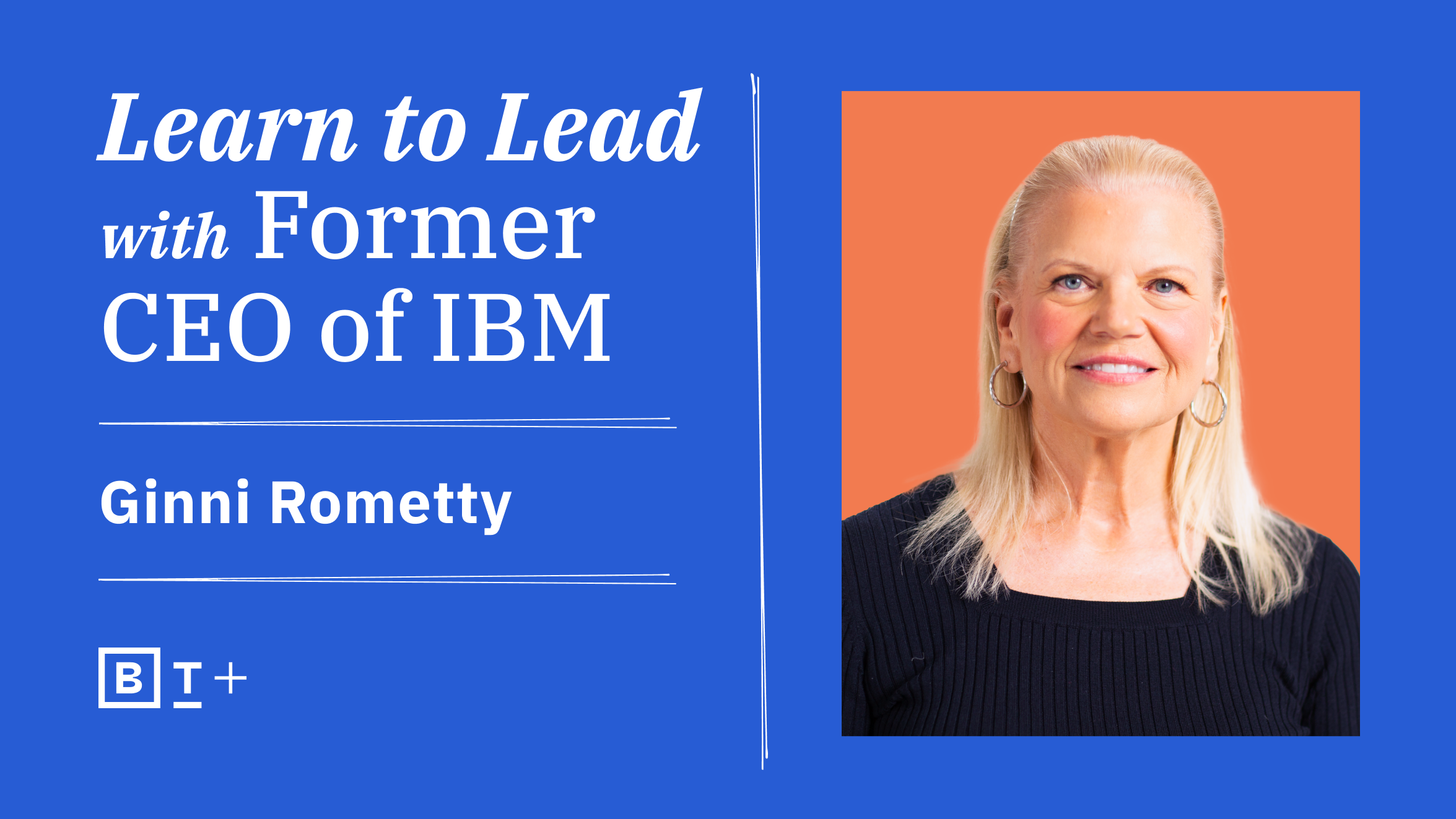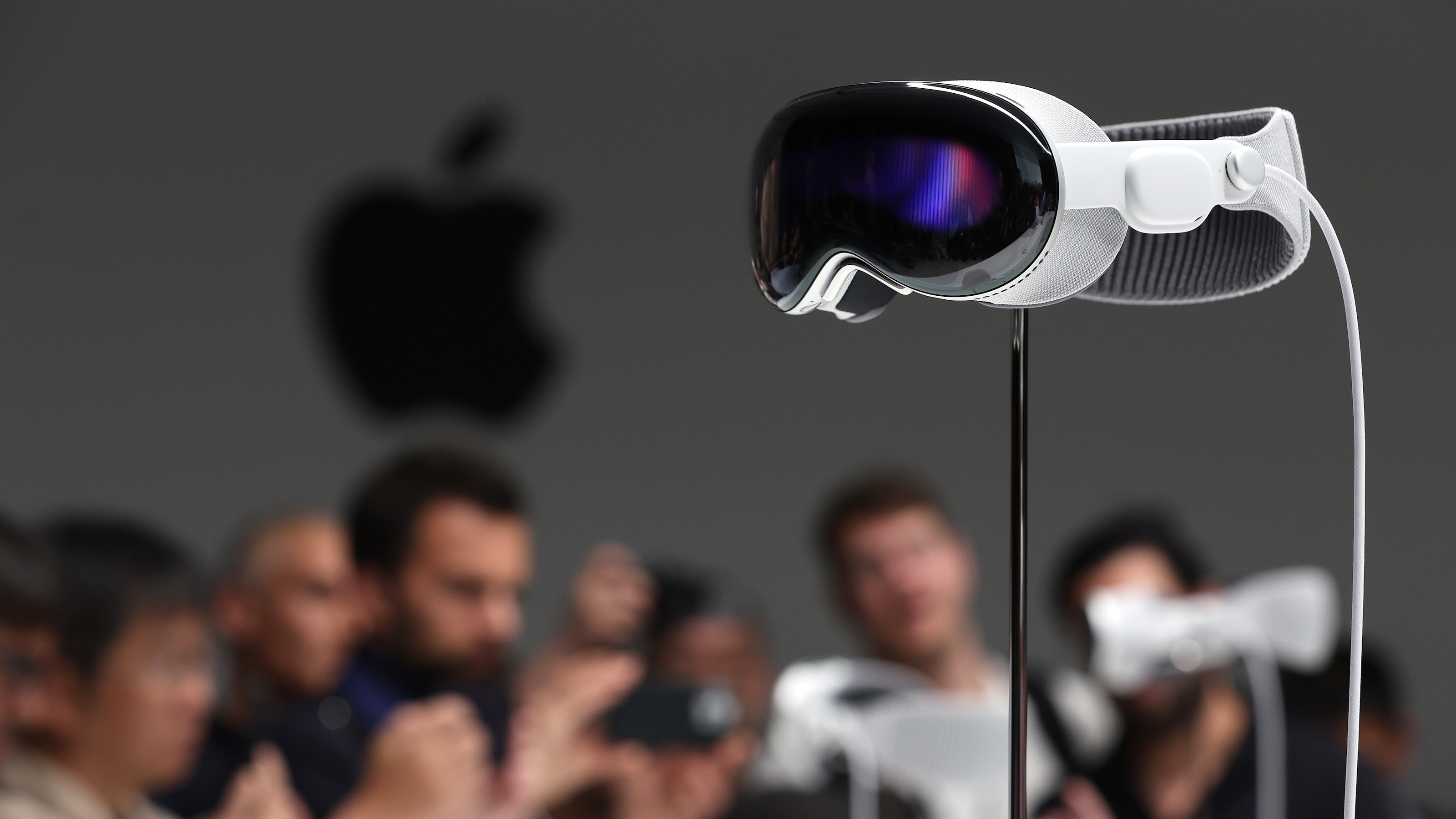Walter Pitts rose from the streets to MIT, but couldn’t escape himself.
Search Results
You searched for: Computers
Humanity is a type 0 civilization. Here’s what types 1, 2, and 3 look like, according to physicist Michio Kaku.
▸
6 min
—
with
Despite their brief history, computers and AI have fundamentally changed what we see, what we know, and what we do.
Dennis Klatt developed trailblazing text-to-speech systems before losing his own voice to cancer.
In history, every major technological advance has been used, for good and bad.
When one path is blocked, a new one must be paved. How Einstein, Heisenberg and Gödel used constraints to make life-changing discoveries:
▸
5 min
—
with
Elon Musk suggested remote-controlled, vibrating anal beads. Thankfully, there are more mundane explanations.
Our minds seem both physical and intangible. That paradox has gripped this neuroscientist since childhood.
The initial goal of AI was to create machines that think like humans. But that is not what happened at all.
Do humans have souls, or are we just particles? Physicist Sabine Hossenfelder explains.
▸
5 min
—
with
The meaning of the cryptic text has eluded scholars for centuries. Their latest efforts include computational analyses seeking new insights into the medieval enigma.
Neuroscientist and author Bobby Azarian explores the idea that the Universe is a self-organizing system that evolves and learns.
If your computer crashes, it might be due to a star that exploded somewhere in the Universe millions of years ago.
Ada Lovelace’s skills with language, music, and needlepoint all contributed to her pioneering work in computing.
Step back from the AI maelstrom and explore Lem’s "Summa Technologiae" for a detached look at technology’s role in human evolution.
Even lifelong technologists and AI researchers like myself were genuinely surprised by the speed and impact of generative AI.
Air currents in our atmosphere limit the resolving power of giant telescopes, but computers and artificial stars can sharpen the blur.
They could also "turn off" their fear.
Scientists are probing the head games that influence athletic performance, from coaching to coping with pressure.
Surely they can't be worse...can they?
Giving speech to the speechless.
Some analysts predict that Amazon's revenue will double over the next five years.
The brain implant lets her talk four times faster than the previous record.
Vanadium dioxide is a strange material that "remembers" information and when it was stored. This is akin to biological memory.
The ability to decode acoustic information from brain activity aids the development of brain-computer interfaces that restore communication in patients who suffer paralysis.
Book Club
Ginni Rometty shares lessons in leadership learned during her 40 year tenure and recent executive position as former CEO of IBM.
One of Apple's key innovations serves as a psychological breakthrough, as its technology eliminates the isolating feel of headset use.
The solution involves the infamous Navier-Stokes equations, which are so difficult, there is a $1-million prize for solving them.
The researchers suggest that their results demonstrate intelligence in silico.
An average undergraduate student in physics is better than the AI.
